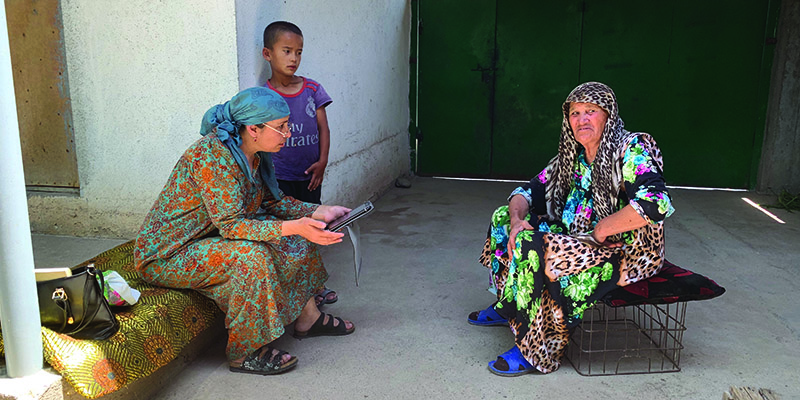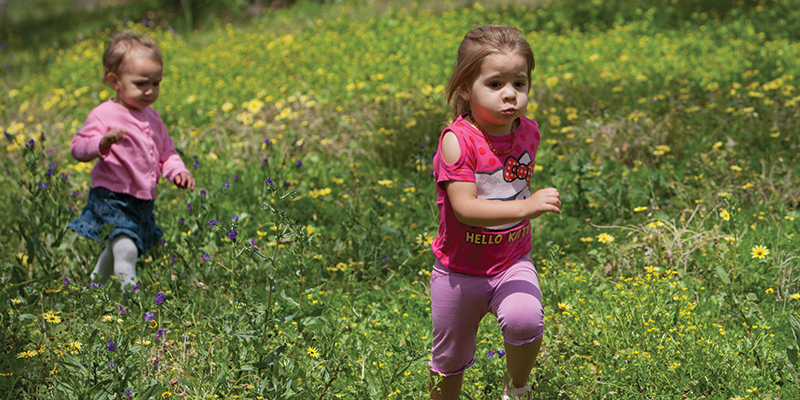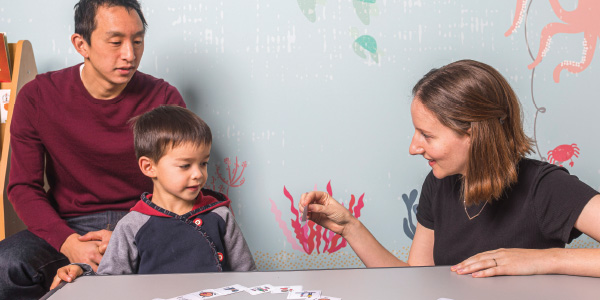Search

A legal change fought for by The Kids, consumer advocates, and others within the health sector – and hastened by the COVID-19 crisis – has brought WA into line with the rest of Australia, allowing critically ill or incapacitated patients access to potentially life-saving clinical trials.

For children with Austin Spectrum Disorder (ASD), it can be hard to enjoy the simple pleasures of art, but the development of an ASD guide is helping to share the wonders of art with all.

Fieldworkers learning how to collect eHCI data A fieldworker collects data for the eHCI in Tajikistan The rugged, landlocked Central Asian country of

A child can’t thrive if they don’t have a roof over their head.

One third of Australia’s children will be better supported at school, thanks to a The Kids Research Institute Australia evidence review of what works best to support student behaviour needs.

A long-held belief linking gut bacteria to autism has been debunked by an Australian research team that included researchers from CliniKids at The Kids Research Institute Australia.
Research
‘Mob want to see mob’: Aboriginal and Torres Strait Islander young peoples’ perspective on accessing primary health care services in urban southeast QueenslandThis study examines the enablers and barriers to accessing primary health care services from the perspective of Aboriginal and Torres Strait Islander people aged 15-24 years in urban southeast Queensland.
Research
Prevalence of herbal medicine use for maternal conditions in Tanzania: a systematic review and meta-analysisStudies reported the prevalence of herbal medicines used for various maternal conditions across regions in Tanzanian communities. However, the lack of a national estimate of herbal medicine use makes it challenging for policymakers, herbal medicine regulators, and healthcare practitioners to make informed decisions on herbal medicine-related policies and practices to optimize their contribution to maternal healthcare.
Research
Twenty-One Years and Still Going Strong: A Qualitative Study Exploring the Contribution of Young Adult, Adolescent, and Stakeholder Involvement to the ResilienceAdolescence is a period of rapid transformation when meeting targets for optimal diabetes care is often challenging due to competing life demands. For more than two decades a diabetes transition clinic in Sydney, Australia, has sustained positive outcomes and demonstrated aspects of resilience in the care of individuals living with type 1 diabetes (T1D) who have transitioned from paediatric to adult care. Many studies have focused on resilience in acute care setting showever, studies that examine the factors that support resilience in settings that care for individuals with long-term, chronic conditions such as T1D are lacking.
Research
Outcomes following a behaviour change intervention within hospitals to improve birth registrations and hospital utilisation for Aboriginal and/or Torres Strait Islander infantsThe primary objective was to determine whether a behaviour change intervention delivered to hospital staff would (1) improve the proportion of Aboriginal and/or Torres Strait Islander (Aboriginal) babies being registered and (2) reduce hospital admissions and emergency presentations for babies <6 months old. The secondary objective was an observational analysis to determine factors that might influence the proportion of registered Aboriginal births in Western Australia.
